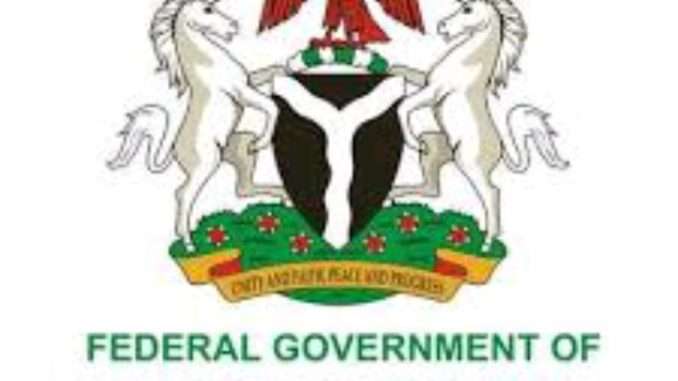
In a move aligned with its efforts to reform Nigeria’s legal framework, the Federal Government has inaugurated a 46-member committee tasked with reviewing outdated laws in the country. The Attorney General of the Federation and Minister of Justice, Prince Lateef Fagbemi, SAN, announced this committee as part of the broader initiative to update Nigeria’s legal system in order to meet contemporary socio-economic realities. The committee, which includes retired judges, Senior Advocates of Nigeria (SANs), and senior legal officials, is expected to complete this important national assignment within six months.
The primary objective of this committee is to identify obsolete laws and propose necessary revisions or repeals. As part of the administration of President Bola Tinubu’s broader reform agenda, the review aims to ensure that Nigeria’s legal framework supports the rule of law and enhances access to justice. President Tinubu’s government is focusing on enhancing socio-economic development through legal reforms, and this is a key step in the process.
The members of this committee represent various facets of the legal profession, including top lawyers and retired judges, ensuring a comprehensive and expert-driven review of the laws. Some of the laws being reviewed are likely to be those that have become outdated due to changing societal conditions or conflicts with more recent legal provisions. This review process is critical as outdated laws can stifle governance, economic growth, and social progress.
The committee’s establishment signals the government’s commitment to legal reforms as part of its broader policy framework. The initiative follows a series of other reform efforts, such as the Oronsaye Committee’s recommendations on public sector efficiency, which aim to streamline government operations and reduce the cost of governance
The task of reviewing and modernizing Nigeria’s legal framework will also help resolve issues of overlapping and contradictory provisions within the existing laws. This is crucial as the legal framework must be coherent and efficient to support governance, economic development, and the effective delivery of justice. It is expected that the committee’s recommendations will help Nigeria adopt a more modern, fair, and transparent legal system, enhancing public confidence in the rule of law.
This effort is part of the government’s wider strategy to ensure that its laws reflect the current socio-economic landscape and address the evolving challenges facing the nation. The six-month timeline highlights the urgency with which the government seeks to advance these reforms, indicating that the legal review process is seen as a critical component of broader national reforms.
As part of its mandate, the committee is expected to work in collaboration with various stakeholders to ensure that the new or amended laws are in line with global best practices while addressing local realities. This includes ensuring that laws facilitate business activities, protect individual rights, and contribute to the socio-economic well-being of the populace. Through these efforts, the Federal Government hopes to create a legal environment that supports sustainable development and fosters justice.
In conclusion, the committee’s work will play a pivotal role in helping Nigeria update its legal framework, ensuring that it is better equipped to handle contemporary challenges and enhance the administration of justice. The initiative underscores the government’s broader commitment to rule of law, transparency, and reforms aimed at promoting socio-economic growth.
-9News Nigeria.











